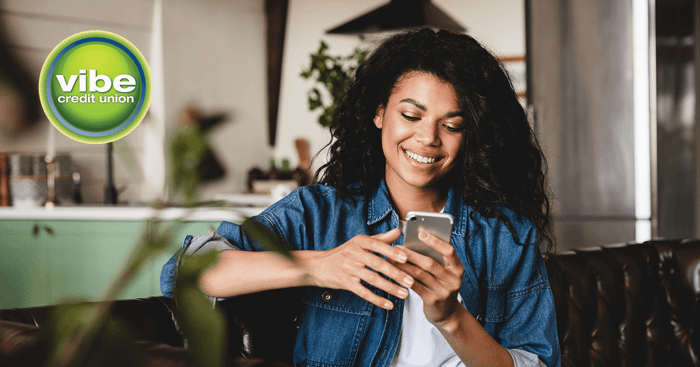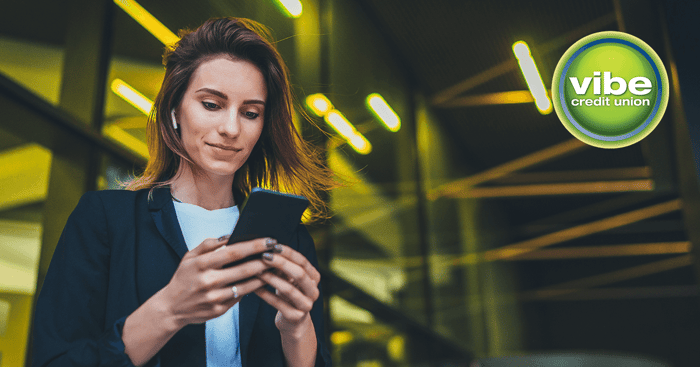On average, users spend 147 minutes daily on social media. So wouldn’t it make sense for hackers to attempt to steal information from a place users spend a lot of time in? Social media is a great tool to stay connected with others! There is tons of useful information on social media – including your own. The next thing you know, the information you shared is maliciously used against you, and your personal information is no longer secure.
So, what are some ways to stay secure in such a connected world? Let’s read on and find out!
Think before you click
And we mean, think before you click on anything! Whether you’re sharing a post from your account, clicking a link, or just scrolling through, stop for a moment and think about the action you’re taking. Based on your settings, who will this post be shown to? Is the link you’re clicking on coming from a trusted source? Taking just an extra moment to evaluate what you’re doing could be the difference between staying cyber-safe or going through a lot of trouble due to hackers.
Think before you publish
Nowadays, if you wouldn’t publish it on a billboard, don’t publish it on social media. Posting on social media can seem like a very harmless and low-key activity. You just wanted to show your family and friends what you’ve been up to, right? Think again!
Before you click “Post” and share something for anyone to see, check to see if there is any personal, confidential information you wouldn’t want to be stolen or broadcasted. Social media has the power to make anyone a public figure. Anyone’s post can go viral and spread to the masses. What information would you want everyone to know about you? Furthermore, what information are you posting that could potentially give a hacker just what they’re looking for?
Think before you connect
In today’s world, it’s possible to have friends you only know on social media and have never actually met in real life. While those can be valuable friendships, it’s critical first to evaluate who you’re connecting with. As a rule of thumb, it’s best only to befriend, follow, or connect with users that you’ve met in person or have an established relationship with. While there can be many reasons to connect with someone you’ve never met in person (professional, mutual friends, etc.), it’s safe to assume that someone is suspicious until you know otherwise.
If a friend request, follow, or connection seems suspicious, trust your gut! If you cannot verify that the person is who they say they are, don’t accept it.
Think before you reply
Many of us communicate with others via direct messages on social media. While that can also be a great way to stay connected with others, we encourage you to take caution before you reply. Do you know the person you’re replying to? If not, are you giving them any personal or confidential information they could use maliciously? Take a moment to consider these things before you reply.







